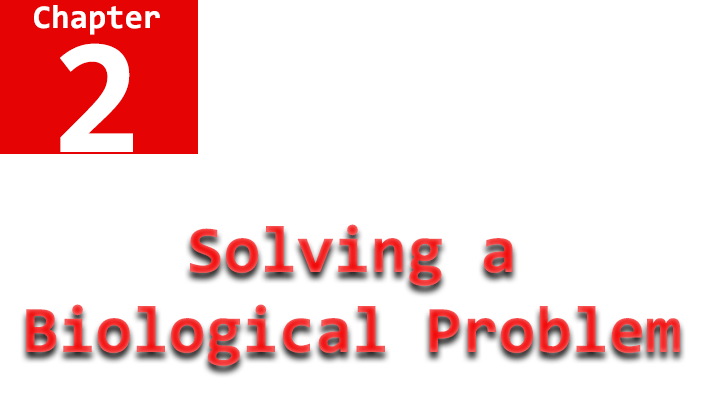Class 9th Biology Chapter 2 Solving a Biological Problem Notes
Science is a systematic knowledge obtained through observations and experiments to understand the principles of nature. It involves various disciplines like chemistry, biology, and physics, which all use the scientific method to test theories. This chapter focuses on the biological method, which helps biologists solve problems related to living organisms.
The biological method comprises several steps: recognition of a biological problem, making observations (qualitative and quantitative), formulating hypotheses, drawing deductions from the hypotheses, conducting experiments, summarizing results, and reporting findings. In controlled experiments, an experimental group is compared to a control group, where the only difference is the variable being tested.
An example of the biological method is the study of malaria. Historically, physicians noted that malaria was more common in marshy areas, but it wasn’t until later that microorganisms called Plasmodium were identified in malarial patients’ blood. Over time, scientists observed the correlation between malaria and marshes, the effectiveness of quinine in treating malaria, and the presence of Plasmodium in infected individuals, leading to the hypothesis that Plasmodium is the cause of malaria.
Short Answer Questions
Long Question Notes
Exercise and Multiple Choice Questions
Additional Conceptual Questions
- What is science and how is it obtained?
- Which disciplines of science use the scientific method to test new theories?
- What is the focus of this chapter in science?
- What is the biological method, and what does it involve?
- What steps does a biologist take to solve a biological problem?
- How are observations made, and what is the difference between qualitative and quantitative observations?
- How do biologists formulate a hypothesis, and what are the characteristics of a good hypothesis?
- What are deductions, and how are they drawn from hypotheses?
- Why is experimentation a crucial step in the biological method?
- What is the role of a control group in scientific experiments?
- How was the cause of malaria discovered through the biological method?
- What are theories, laws, and principles in science, and how do they differ from hypotheses?
- Why is data organization and analysis important in the biological method?
- How can mathematics be used as an integral part of the scientific process in biology?
- What is the role of bioinformatics in solving biological problems?

